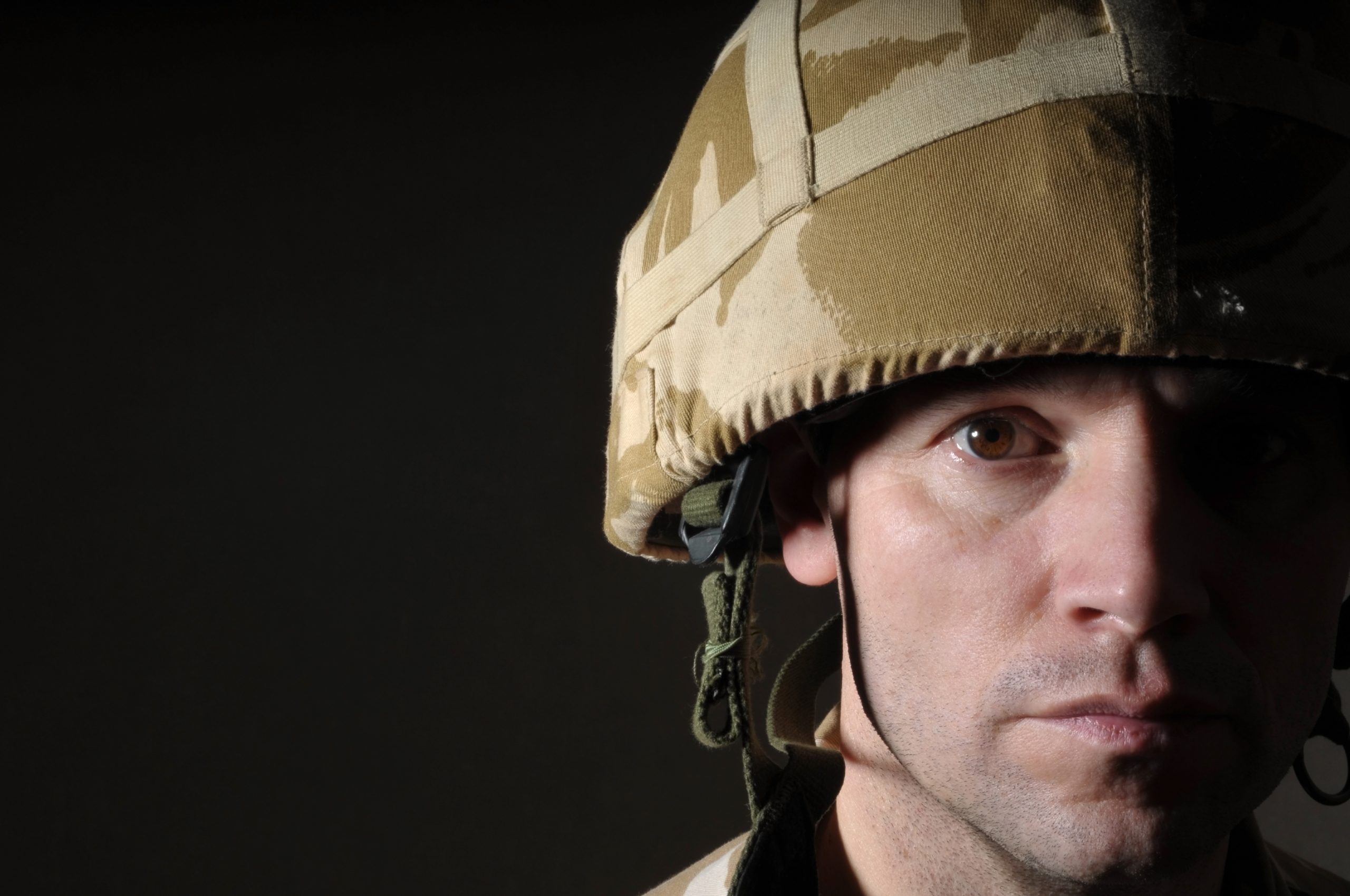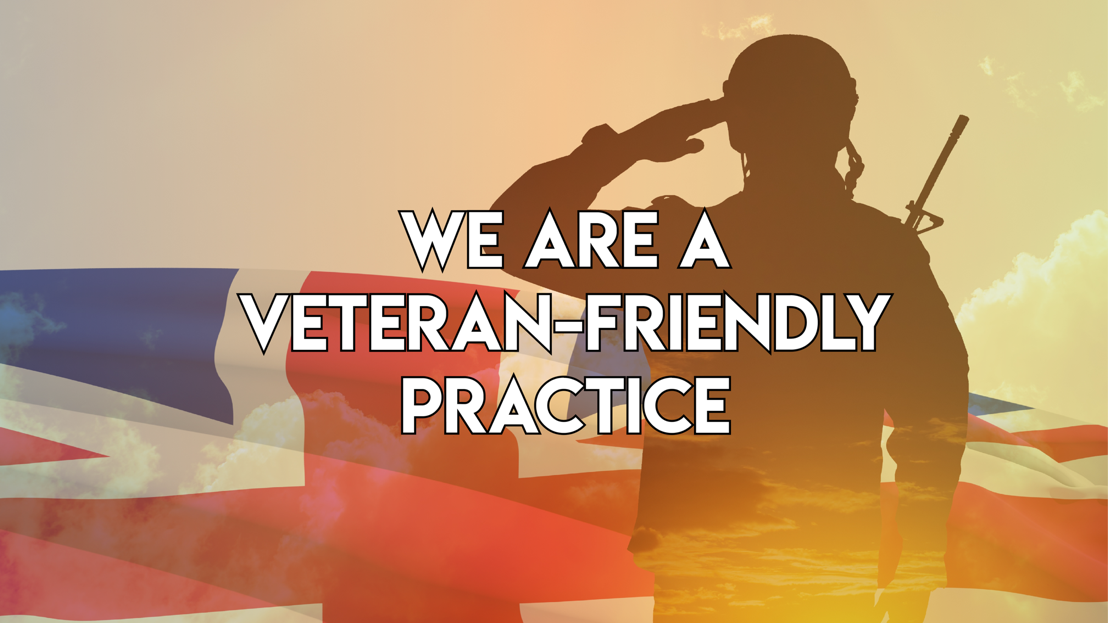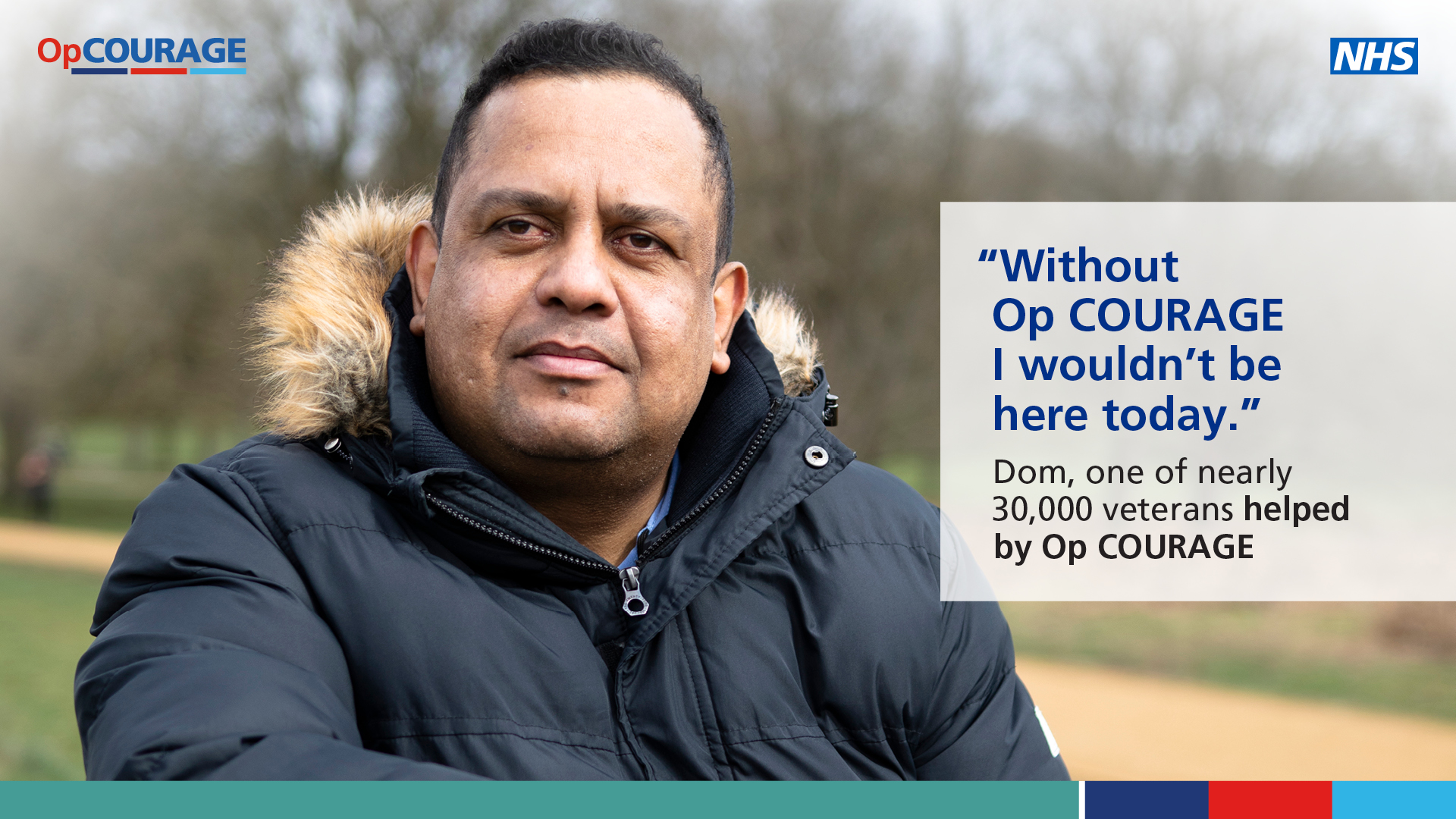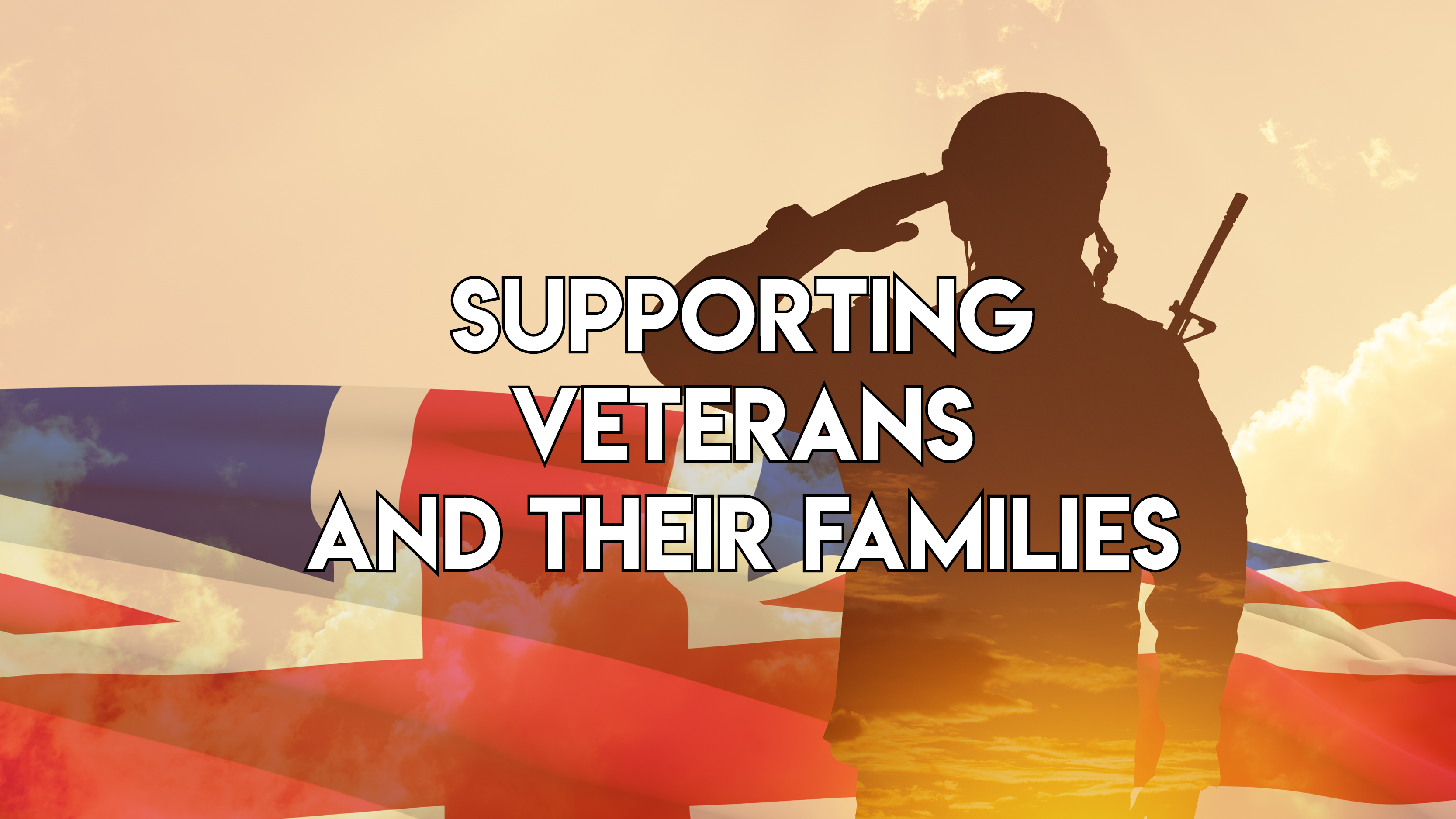Remembering Veterans
As the nation falls silent at 11 o’clock this morning, we remember the sacrifices made by those who have served in our Armed Forces.
We remember those who lost their lives and renew our promise to care for those who have given so much.
As a group of accredited veteran-friendly GP practices, we are committed to delivering the best possible health care to those who have served in the British Armed Forces, as well as their families.

Who are Miltary Veterans?
A veteran is anyone who has served just one day in the Armed Forces.
18,000 people leave the military every year, and we want to ensure veterans in our area get the support they deserve.
If you or a family member has served in the armed forces, use your practice’s quick online form to let them know. Go to your Practice’s Resources page and pick the Veterans category.
Why Veterans’ Health is Important
People who served in the Armed Forces can have the same health problems as anyone else.
But the nature of the service – putting themselves in harm’s way to protect others – can have specific effects.
More than half of veterans (52%) live with long-term illness or disability – that’s higher than the 35% of the general population.
More than 2,500 people leave the armed forces every year because of their health. Back and knee injuries are common, along with hearing problems.
Veterans who served during recent military operations are also more likely to have mental health issues and less likely to get help quickly.
- 23% of veterans have mental health disorders like anxiety or depression. It’s 16% of the broader adult population.
- More than 8% have experienced Post-Traumatic Stress Disorder – PTSD – rising to 17% of those who served in Iraq and Afghanistan. It’s 5% for people who haven’t been in the military.
- Alcohol misuse is twice as high in veterans – 1 in 10 former armed forces members as opposed to 1 in 20 across the country.


All GP practices in Gosforth and Jesmond are accredited as Veteran-friendly.
On average, a veteran experiences mental health issues for up to 4 years before seeking help.
What being Veteran-friendly means.
We have a dedicated staff member with specialist knowledge of military-related health conditions and veteran-specific health services.
We also uphold the Military Covenant, which ensures that:
- Veterans and their family members are not disadvantaged when accessing standard NHS services
- Veterans should be prioritised for specialist treatment and care if an injury or health condition results from their service
- Veteran’s family members should keep their places on NHS waiting lists if they move due to redeployment
Why Sharing Your Military History is Important
Knowing that you have served in the military means we can add that information to your medical record.
That means anyone involved in your care will be aware of it. That helps us give you the most personalised care we can.
It means we can connect you to the many different support services, like Op COURAGE, designed specifically for veterans.
It also means we can ensure we uphold our part of the Military Covenant for you and your family.


What to do
First, if we don’t know about your service history or if you’re not sure, use our online form to get in touch.
Second, take a look at our dedicated Veterans page for information, advice, and support.
